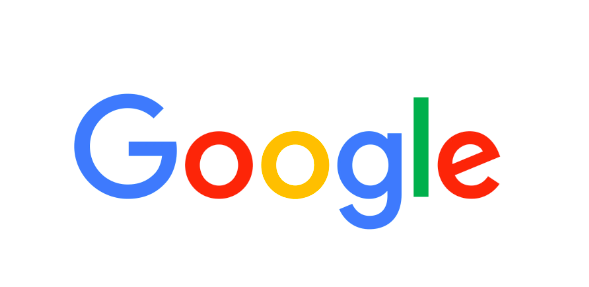Google has infiltrated itself into many aspects of our daily lives. Whenever someone has a question about the slightest thing they look it up on Google, and within seconds have an answer. However, in response to answering your question Google extracts personal information from you. It then uses that information to show you target advertisements. While this might feel like an invasion of your privacy, the US government sees a different problem. Concerned about the lowered competitiveness of the advertisement market over the past few years, the US Department of Justice along with eight state governments are suing Google over an alleged monopoly on digital advertising.
According to the lawsuit, Google faces complaints stating that their competitors have been required to use Google advertisement technology and if they refuse they are forced out of the marketplace entirely. In the lawsuit, US Attorney General Merrick B. Garland explained the complaint. It “alleges that Google has used anticompetitive, exclusionary, and unlawful conduct to eliminate or severely diminish any threat to its dominance over digital advertising technologies.” He went on to confirm that “the Justice Department will vigorously enforce our antitrust laws to protect consumers, safeguard competition, and ensure economic fairness and opportunity for all.”
This is not the first time that Google has been sued over antitrust violations. In 2020 Google was accused of having a monopoly over the search and advertisement markets, similar to the current lawsuit but based in a different branch of consumer advertisement. It has not yet fully been resolved and Google will have to go to court in September of this year to fight this previous lawsuit. Now in 2023, the Department of Justice is suing in attempts to require Google to separate and partially disband its advertisement company in order to maintain a competitive marketplace. However Google has found a potential loophole by moving parts of its advertising branch into its parent company Alphabet. If left unchecked this move would allow Google to maintain its monopoly position over the digital advertising market and continue to put struggling companies out of business.
According to the lawsuit, Google controls the “technology used by nearly every major website publisher to offer advertising space for sale.” This means that all targeted advertising comes from the same source and prevents other companies from breaking into the market. In addition they have control over the “leading tools used by advertisers.” By having control over both sides of the market, between advertisers and their clients, Google can set market prices and force both sides to adhere to its own transaction protocols. Those who don’t approve have no choice but to accept Google’s terms or not engage in this business market at all. Website publishers have even been forced to add subscriptions to their content to stay afloat. Finally the lawsuit argues that Google has even more power as it controls the “the largest ad exchange that matches publishers with advertisers each time that ad space is sold.” As a result of its alleged monopoly Google made $54.5 billion in the third quarter of 2022 from advertising alone. This is no surprise as it owns the “platform, the exchange, and a huge network” according to a top level Google advertisement executive. This claim by a Google employee only enforces that the company’s advertising practices harm not only its competitors but also its clients.
Google’s alleged monopoly doesn’t just impact the economic side of digital advertising, but also the creative and developmental section of competition. With no opportunity for outside businesses to develop a more efficient and cost beneficial technology, everyday consumers continue using the same outdated software. Google prevents these inventions with its alleged monopoly and therefore consumers have no opportunity to use new inventions that could benefit everyone, including Google, in the long run.






